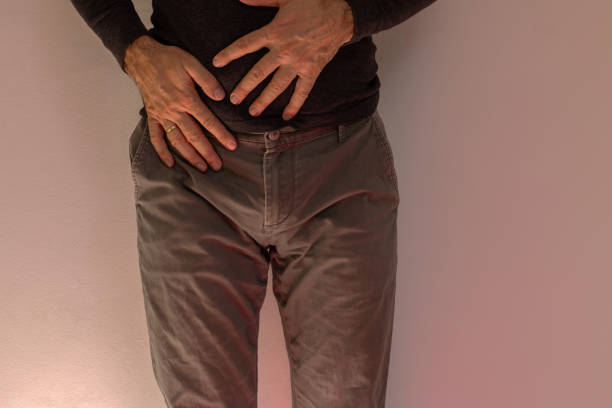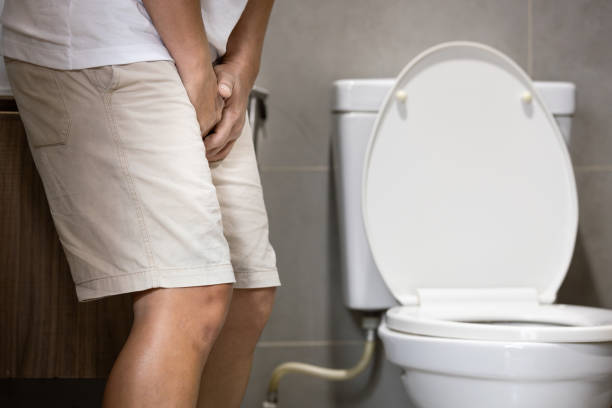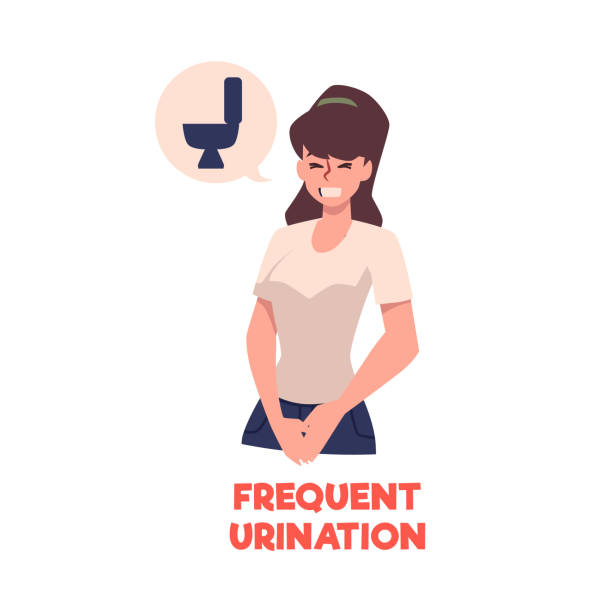Health Conditions
Understanding What Really Causes Recurrent UTIs
Do you live with the discomfort and frustration of recurring urinary tract infections (UTIs)? If so, you are not alone. Recurrent UTIs have a severe impact on quality of life and afflict millions of individuals globally. But why do these annoying infections keep returning?
In this article, we will look at the numerous variables that lead to recurrent UTIs and offer you with useful information to help you understand and treat this common ailment. UTI recurrence can be caused by a variety of factors, including underlying medical issues, lifestyle decisions, and even genetic susceptibility.
Understanding Recurrent UTIs
Urinary tract infections (UTIs) develop when bacteria enter the urinary tract, which includes the bladder, urethra, ureters, and kidneys. In most cases, UTIs are caused by bacteria from the digestive system, such as Escherichia coli (E. coli), which enter the urinary tract.
While UTIs can affect anybody, women are more likely to develop these infections because their urethra is shorter, allowing germs better access to the bladder. Recurrent UTIs are defined as three or more infections in a single year, or two infections in six months.

Common Causes of Recurrent UTIs
- Incomplete Antibiotic Treatment: One of the leading causes of recurrent UTIs is inadequate antibiotic treatment. When antibiotics are prescribed to treat a UTI, you must complete the entire course of medicine as directed by your healthcare professional. Failure to do so can allow bacteria to survive and reproduce, resulting in another illness.
- Urinary Tract Abnormalities: Some people may have structural abnormalities in their urinary tract, making them more prone to recurring UTIs. These abnormalities may include urinary tract stones, renal abnormalities, or urinary tract blockages. These factors might produce an environment conducive to the growth of bacteria, resulting in repeated illnesses.
- Hormonal fluctuations: Hormonal fluctuations, particularly in women, might contribute to recurrent urinary tract infections. Hormonal fluctuations, such as those seen during pregnancy or menopause, might impair the urinary tract’s natural defenses against germs, raising the risk of infection.
Risk Factors for Recurrent UTIs
- Sexual Activity: Sexual activity, particularly frequent or vigorous intercourse, can increase the risk of recurrent UTIs. During sexual activity, bacteria from the genital area can enter the urethra, increasing the likelihood of infection. Additionally, the use of certain types of contraceptives, such as diaphragms or spermicides, can also contribute to recurrent UTIs.
- Menopause: The hormonal changes that occur during menopause can lead to a thinning of the vaginal walls and a decrease in the production of natural lubrication. These changes can make the urinary tract more vulnerable to infection and increase the risk of recurrent UTIs.
- Poor Hygiene: Poor personal hygiene, particularly improper wiping after using the bathroom, can introduce bacteria into the urinary tract and contribute to recurrent UTIs. It’s important to always wipe from front to back to prevent the spread of bacteria from the anal area to the urethra.

Symptoms of Recurrent UTIs
The symptoms of recurrent UTIs are similar to those of a typical UTI and can vary from person to person. Common symptoms may include:
- Frequent urination
- A strong and persistent urge to urinate
- A burning sensation during urination
- Cloudy or bloody urine
- Strong-smelling urine
- Pelvic pain or discomfort
If you experience any of these symptoms, it’s essential to consult with your healthcare provider for an accurate diagnosis and appropriate treatment.
Diagnosis and Treatment Options
To identify recurring UTIs, your doctor may conduct a physical exam and inquire about your medical history and symptoms. They may also request urine tests to determine the presence of germs or other problems.
Recurrent UTIs are often treated with medications as well as lifestyle adjustments. Your doctor may give a lengthier course of antibiotics or suggest a low-dose preventative antibiotic program. They may also recommend lifestyle modifications to help avoid recurring infections, such as drinking enough of water, peeing before and after sexual activity, and following excellent hygiene practices.

Lifestyle Changes to Prevent Recurrent UTIs
Making some lifestyle modifications can help lower the risk of recurring UTIs. Here are some suggestions to bear in mind:
- Stay Hydrated: Drinking an adequate amount of water can help flush bacteria out of the urinary tract and reduce the risk of infection. Aim to drink at least eight glasses of water per day.
- Urinate Regularly: Emptying your bladder regularly can help prevent the buildup of bacteria. Try not to hold in urine for extended periods and make sure to urinate before and after sexual activity.
- Practice Good Hygiene: Proper hygiene is crucial in preventing UTIs. Always wipe from front to back after using the bathroom, wash your genital area with mild soap and water, and avoid using irritating feminine hygiene products.
Natural Remedies for Recurrent UTIs
In addition to medical treatments, some natural remedies may help prevent recurrent UTIs or alleviate symptoms. While these remedies may not replace medical intervention, they can be used as complementary approaches. Here are a few natural remedies to consider:
- Cranberry Products: Cranberry products, such as juice or supplements, may help prevent recurrent UTIs by preventing bacteria from attaching to urinary tract walls. To avoid eating too much sugar, pick unsweetened cranberries.
- Probiotics: Probiotics, such as lactobacillus, can help maintain a healthy balance of bacteria in the urinary system, potentially lowering the risk of infection. Probiotics can be found as supplements or in fermented foods such as yogurt.
- D-mannose: D-mannose, a naturally occurring sugar, may help prevent UTIs by keeping bacteria from adhering to the urinary system walls. It can be consumed as a supplement or found in certain fruits such as cranberries and apples.

When to See a Doctor
While some cases of recurrent UTIs can be managed with lifestyle changes and natural remedies, it’s crucial to seek medical attention if:
- You experience severe pain or discomfort
- Your symptoms persist or worsen despite treatment
- You have a fever or chills
- You notice blood in your urine
- You are pregnant or have an underlying medical condition
Your healthcare practitioner can assess your symptoms, run any required tests, and offer appropriate treatment options to properly address your recurring UTIs.
Complications of Recurrent UTIs
Recurrent UTIs, if not treated or managed properly, can lead to more serious consequences. These difficulties could include:
- Kidney Infections: Recurrent UTIs can result in kidney infections, which can cause severe discomfort, fever, and even irreversible kidney damage if not addressed.
- Septicemia: In rare situations, germs from a urinary tract infection can enter the bloodstream and induce a potentially fatal illness known as septicemia. Septicemia symptoms include fever, fast heartbeat, disorientation, and low blood pressure.
- Recurrent UTIs: If the underlying causes are not treated, the cycle of recurrent UTIs will continue indefinitely, causing persistent discomfort and frustration.
Conclusion
Recurrent urinary tract infections can be unpleasant and uncomfortable, but understanding the causes is crucial to finding relief. You can take proactive actions to avoid future infections by identifying the underlying reasons, such as insufficient antibiotic treatment, urinary tract abnormalities, hormonal changes, and lifestyle variables.
Remember to consult your healthcare physician for an accurate diagnosis and treatment options. With correct medical care, lifestyle modifications, and natural remedies, you may recover control of your urinary health and break free from the never-ending cycle of misery and frustration caused by recurring UTIs.
Take control of your health and prioritize your urinary health. You deserve a life free of recurring UTIs.
Trusted Health, Wellness, and Medical advice for your well-being


